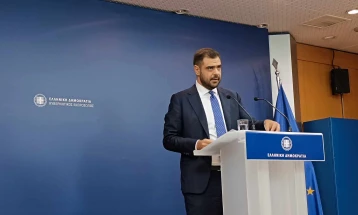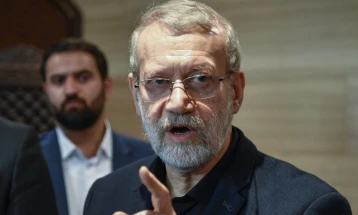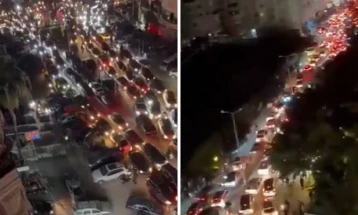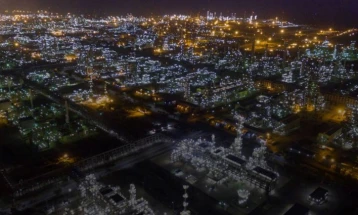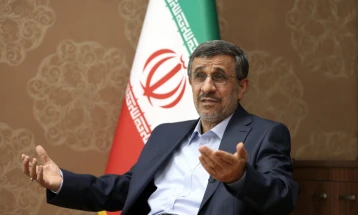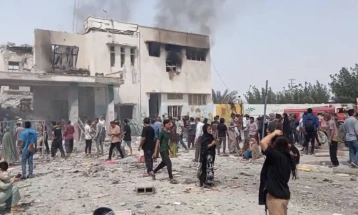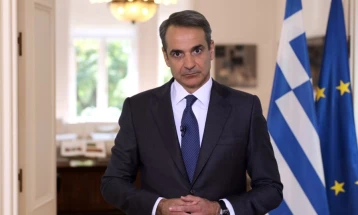Top UN court largely rejects Ukraine's terrorism case against Russia
- The International Court of Justice (ICJ) has largely rejected a 2017 case Ukraine brought before the UN's top court that accused Russia of financing terrorism with its support of pro-Moscow rebels in eastern Ukraine.

Amsterdam, 31 January 2024 (dpa/MIA) - The International Court of Justice (ICJ) has largely rejected a 2017 case Ukraine brought before the UN's top court that accused Russia of financing terrorism with its support of pro-Moscow rebels in eastern Ukraine.
The judges also mostly dismissed the claim of discrimination against Ukrainians in the Donbass region and Tatars in Russian-occupied Crimea, finding the allegations made by Ukraine were not sufficiently substantiated.
The judgement marked a defeat for Kiev, which had hoped to use a legal victory to press for further sanctions against Russia. Moscow had vehemently rejected the accusations.
However, the judges did declare that Moscow had violated an interim judgement from 2017 that ordered both sides to do everything possible to avoid exacerbating the conflict.
The conflict in eastern Ukraine began in early 2014 with fighting between the Ukrainian military and the Russian-backed separatists. By March, Moscow had defied international condemnation to seize and annex the Crimean Peninsula.
In February 2022, Russian President Vladimir Putin ordered an all-out invasion of Ukraine. It is still ongoing nearly two years later.
The judges at the court in The Hague only assessed the events prior to the 2022 invasion.
Kiev had argued that Moscow's support for the rebels and oppression of the non-Russian population in Crimea violated the UN's International Convention for the Suppression of the Financing of Terrorism.
In Wednesday's ruling, the judges declared that the evidence presented by Ukraine of alleged Moscow-sponsored terrorism in the eastern Donbass region was insufficient.
They noted that the convention on which the lawsuit was based also did not specifically refer to support with weapons.
In a minor win for Kiev, the ruling did say Russia had not done enough to investigate individual allegations of possible financing of terrorism.
Judgements of the court are final and binding, but the court does not have the means to enforce them.
MIA file photo

